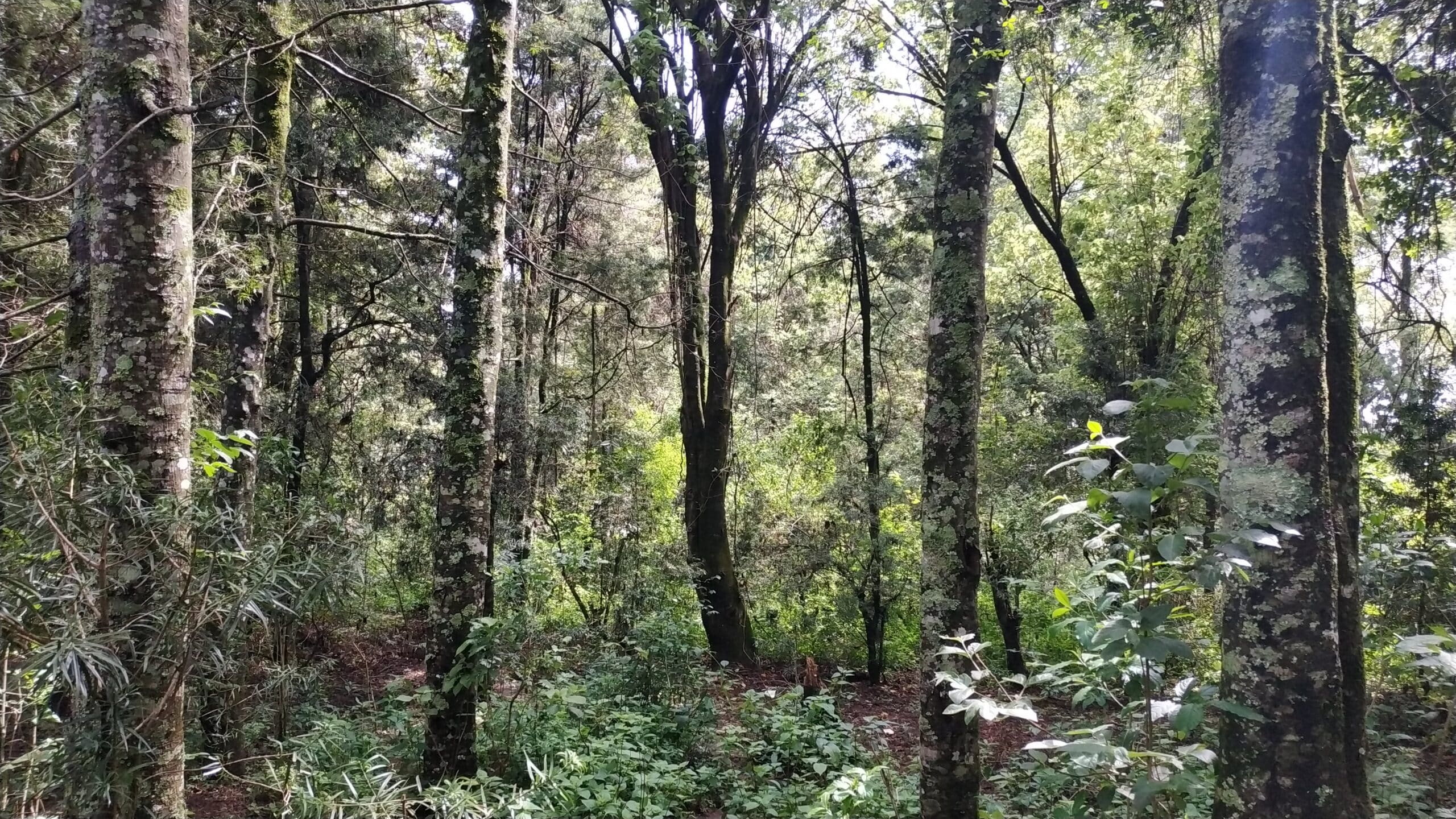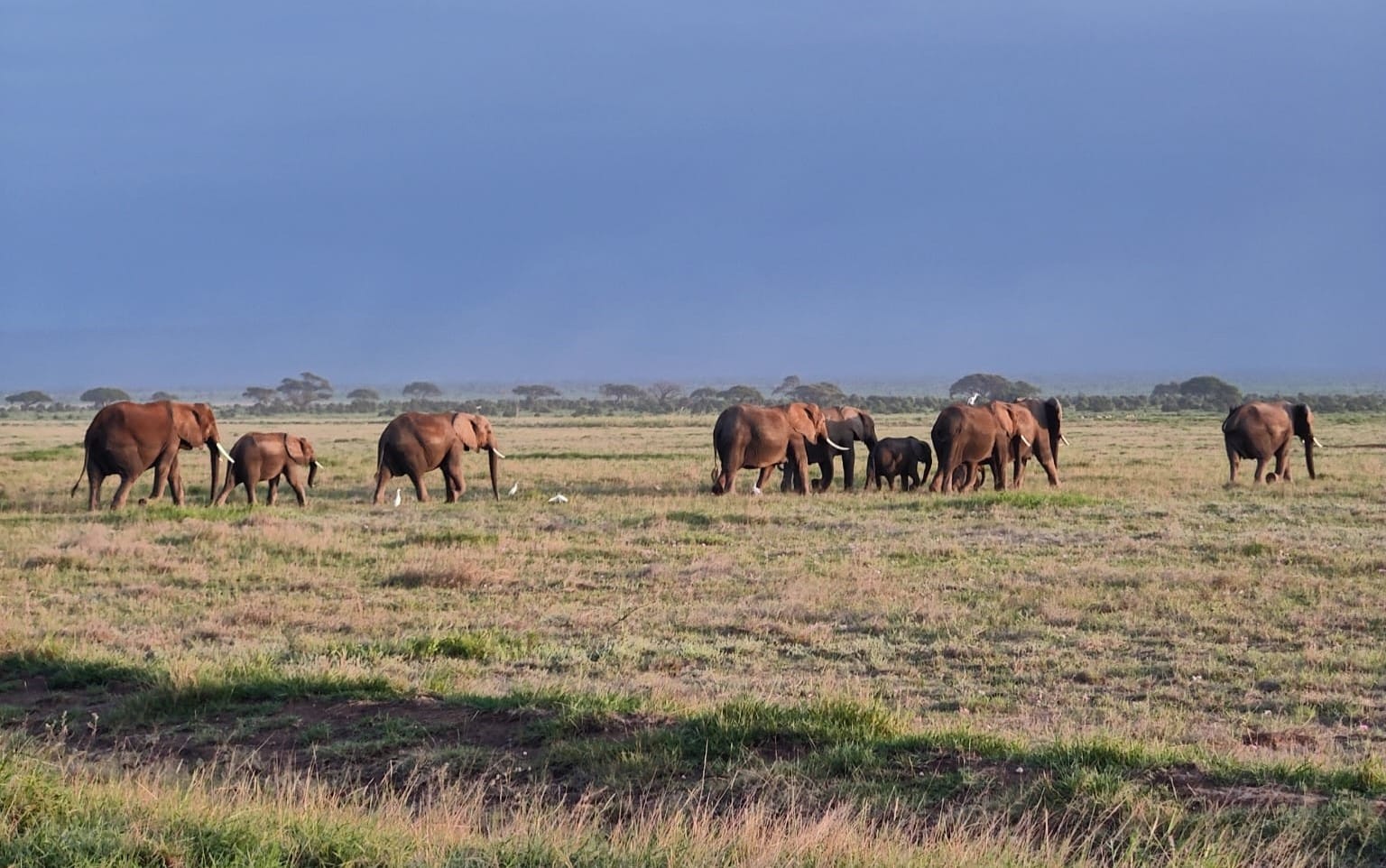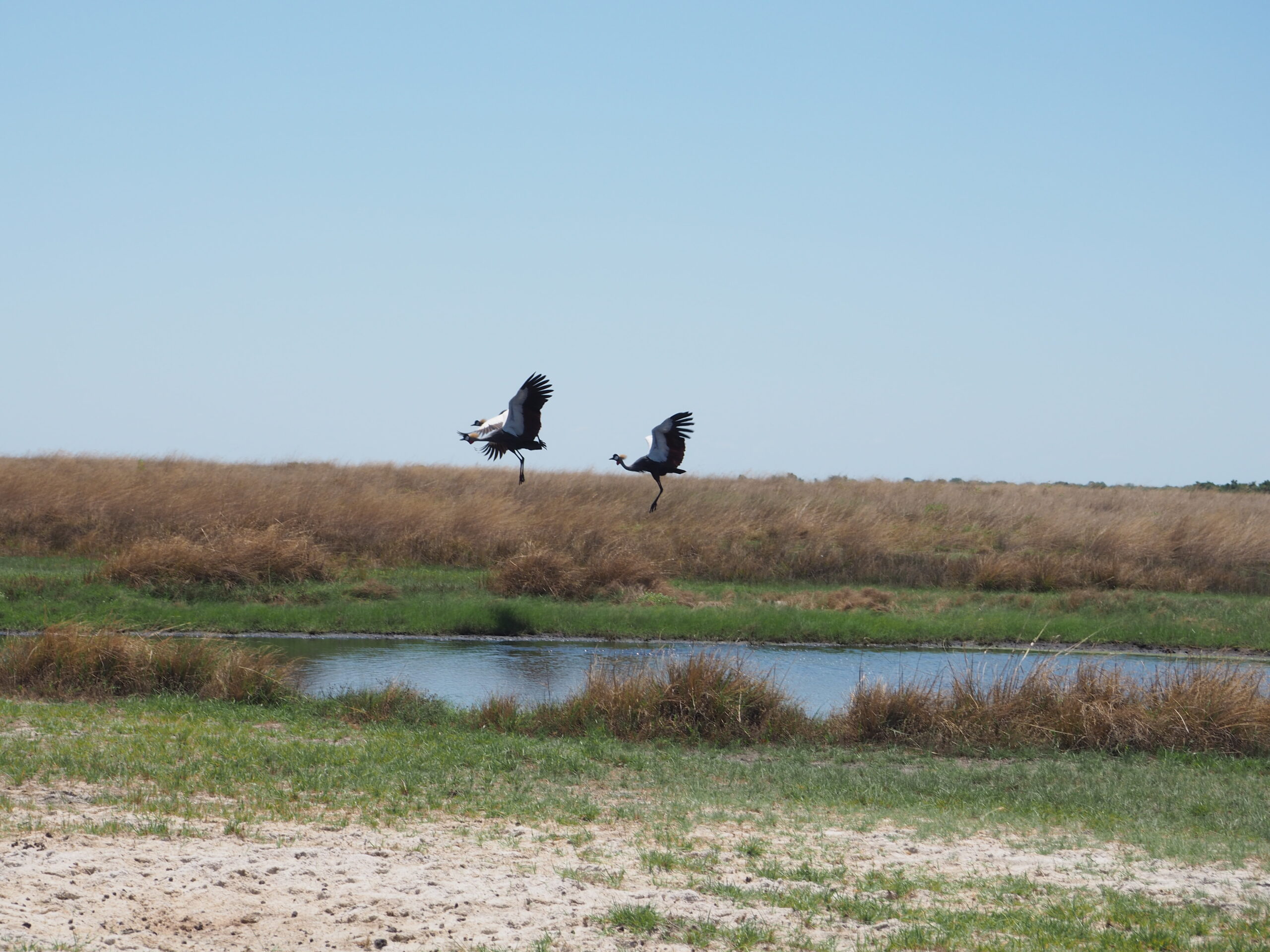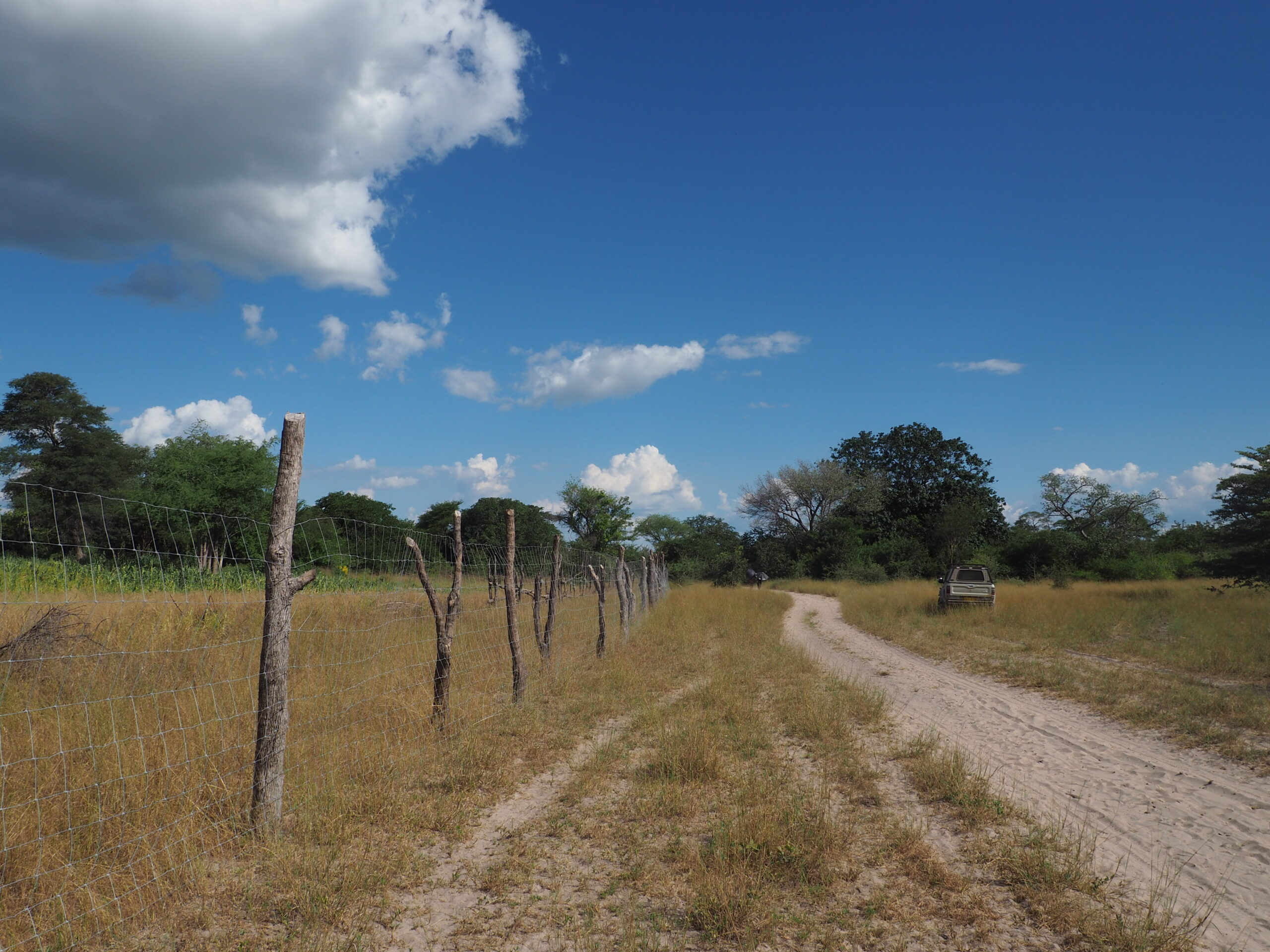Hosts
- Rewilding the Anthropocene (European Research Council Advanced Grant project) and the Global South Studies Center (GSSC), University of Cologne
- Max Planck Institute of Geoanthropology, Jena
Organizers
- habil. Patrick Roberts, Department of Coevolution of Land Use and Urbanisation, Max Planck Institute of Geoanthropology, Jena: roberts@gea.mpg.de
- Léa Lacan, Global South Studies Center and Department of Social and Cultural Anthropology, University of Cologne : llacan@uni-koeln.de
- Michael Bollig, Global South Studies Center and Department of Social and Cultural Anthropology, University of Cologne: michael.bollig@uni-koeln.de
- Paula Alexiou, Global South Studies Center and Department of Social and Cultural Anthropology, University of Cologne : palexiou@uni-koeln.de
Venue
Maria-Hilf Monastery, Bühl, Germany: https://www.kloster-maria-hilf-buehl.de/
Dates
10th-12th February 2025
CONCEPT NOTE
Preserving forests and the carbon sinks they represent is widely discussed as a nature-based solution to deal with the global climate crisis in the Anthropocene. Yet, forests continue to face considerable pressure of land use changes, including agricultural expansion, extraction, and urban and infrastructural development (FAO and UNEP 2020). Changes to tropical forests have been identified as having particularly powerful planetary feedbacks (Roberts et al., 2023), and there is a growing body of work which seeks to explore historical interactions between humans and these forests to better understanding social, ecological, and climatic contexts today.
European colonialism into the tropics, and its interaction with, and often suppression of, Indigenous land use, has been seen as a major threshold of land use change in the tropics (Roberts et al., 2023), though wider regional comparison remains sorely needed. For example, while there is significant discussion of the impacts of Iberian colonization on Indigenous populations and land use in the Americas from the 15th century (Hamilton et al. 2021) corresponding impacts in Island Southeast Asia in the 16th century remain much more poorly-studied (Amano et al. 2020). Meanwhile, the more recent colonial periods in Africa and mainland Asia have been shown to have marked impacts on forestry worldwide (Grove 1996, Barton 2002, Peluso and Vandergeest 2001, Rajan 2006), but much remains to be written on the lasting impacts of colonialism for 21st century forest ecologies (for some but not too recent examples see Crosby 1986; MacKenzie 1988; Beinart and Hughes 2007) and local human-forest interactions (see Lacan 2024 for an example; or Lacan 2023).
This workshop proposes interdisciplinary exchanges on, and comparisons of, the impacts of colonialism on tropical forests in South America, Africa and Asia based on multidisciplinary anthropological, historical, palaeoecological and archaeological perspectives. Key questions include: What are the roles of historical changes in forest uses and management during different colonial periods in South America, Africa and Asia in the current planetary environmental and socioeconomic challenges that we observe today in the Anthropocene? How have different versions of colonialism, and resistance to that colonialism, in different geographical areas and in different periods shaped current forest and forest land uses? What are their long-lasting social-material impacts in forest ecologies, local livelihoods and politics?
Finally, we seek to determine how our understanding of current forest-human interfaces can gain from crossing historical, archaeological, palaeoecological and anthropological insights, including methodologically by bringing together archival and laboratory methods with archaeological, palaeoenvironmental, and ethnographic fieldwork. How can we bring these different sources of knowledge together to address current challenges in the Anthropocene?
References
Amano, N., Bankoff, G., Findley, D. M., Barretto-Tesoro, G., & Roberts, P. (2021). ‘Archaeological and historical insights into the ecological impacts of pre-colonial and colonial introductions into the Philippine Archipelago’. The Holocene, 31(2), 313-330.
Barton, G. A. (2002). Empire forestry and the origins of environmentalism (Cambridge: Cambridge University Press).
Beinart, W., & Hughes, L. (2007). Environment and empire (Oxford: Oxford University Press).
Crosby, A. W. (1986). Ecological imperialism: the biological expansion of Europe, 900-1900 (Cambridge: Cambridge University Press).
FAO and UNEP. (2020). The State of the World’s Forests 2020. Forests, biodiversity and people. Rome. https://doi.org/10.4060/ca8642en
Grove, R. H. (1996). Green imperialism: colonial expansion, tropical island Edens and the origins of environmentalism, 1600-1860 (Cambridge: Cambridge University Press).
Hamilton, R., Wolfhagen, J., Amano, N., Boivin, N., Findley, D. M., Iriarte, J., … & Roberts, P. (2021). ‘Non-uniform tropical forest responses to the ‘Columbian Exchange’in the Neotropics and Asia-Pacific’. Nature Ecology & Evolution, 5(8), 1174-1184.
Lacan, L. (2024). Forest Politics in Kenya’s Tugen Hills: Conservation Beyond Natural Resources in the Katimok Forest. James Currey.
Lacan, L. (2023). “In the ruins of past forest lives: remembering, belonging and claiming in Katimok, highland rural Kenya”. Journal of Eastern African Studies vol 17(1-2): 186-206. https://doi.org/10.1080/17531055.2023.2231786
MacKenzie, J. M. (1988). The empire of nature: Hunting, conservation and British imperialism (Manchester: Manchester University Press).
Peluso, N. L. & Vandergeest, P. (2001). ‘Genealogies of the political forest and customary rights in Indonesia, Malaysia, and Thailand’, The Journal of Asian Studies 60(3), 761–812.
Rajan, S. R. (2006). Modernizing nature: forestry and imperial eco-development 1800-1950 (Oxford: Oxford University Press).
Roberts, P., Kaplan, J. O., Findley, D. M., Hamilton, R., Caetano-Andrade, V. L., Amano, N., … & Winkelmann, R. (2023). ‘Mapping our reliance on the tropics can reveal the roots of the Anthropocene’. Nature Ecology & Evolution, 7(5), 632-636.







